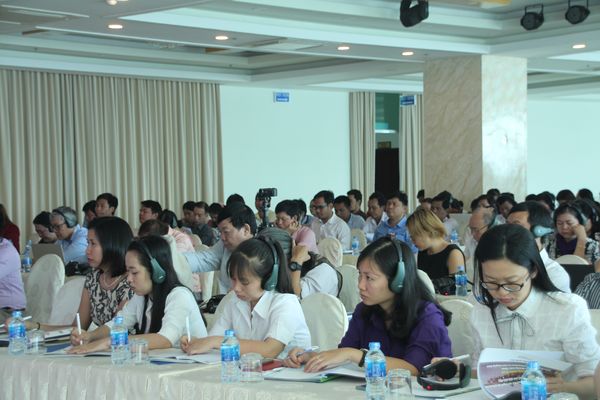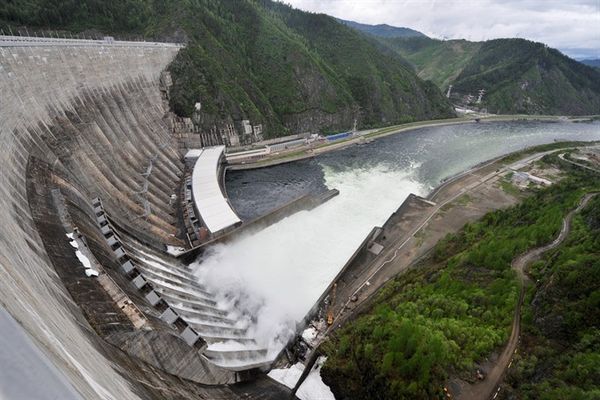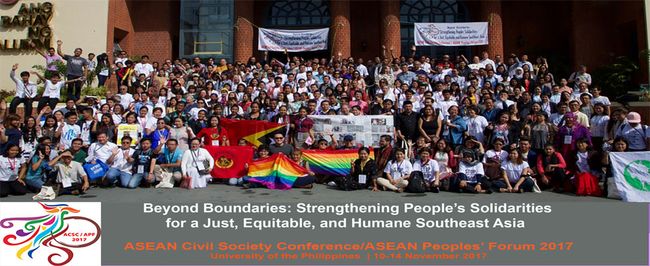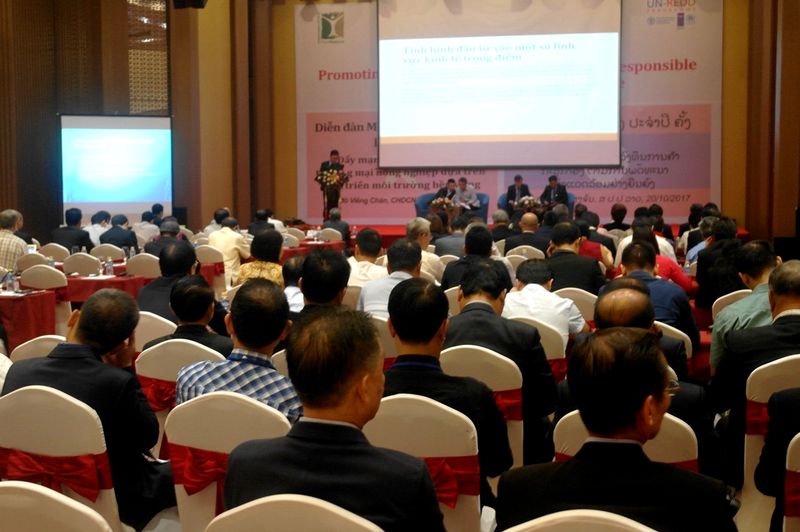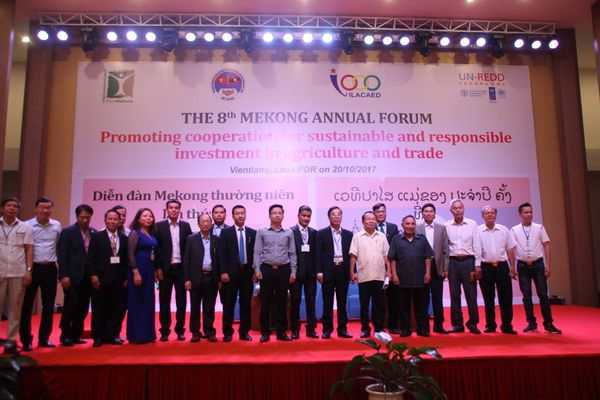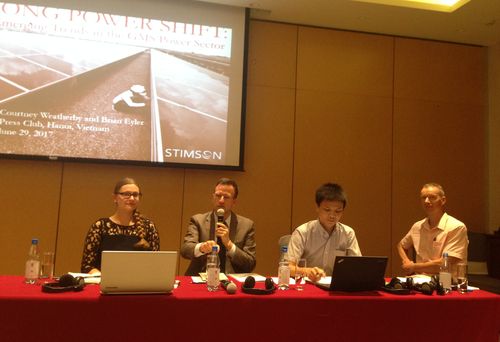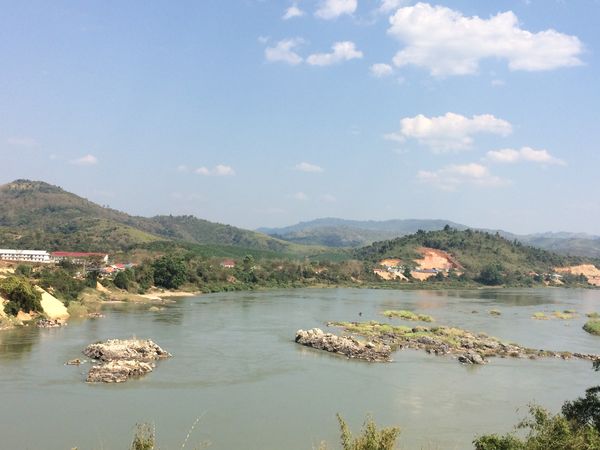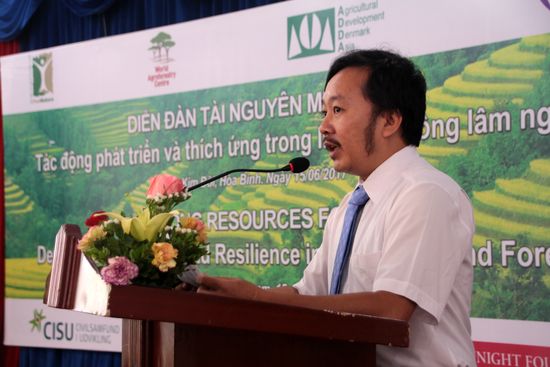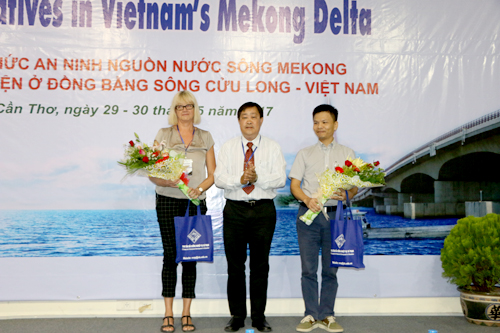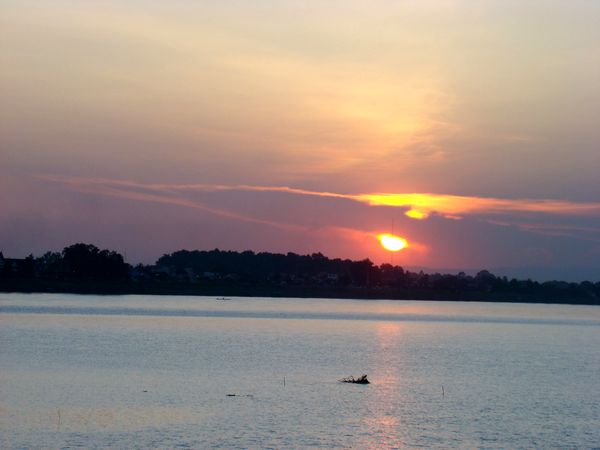Located at the extreme southeastern end of the Mekong River where it approaches and empties into the South China Sea through a network of distributaries, the Mekong Delta has long been referred to as Vietnam’s “rice bowl” which is characterized by dominant fertile agriculturally-rich low-lands and what may be called a “biological treasure trove.” A majority of the Delta’s 20 million, ethnically diverse population rely on the River’s fish resources and rice production for their subsistence, with very little margin for error. As home to thousands of species of fish, bird, reptile, and mammal species, the Mekong Delta is one of the most biologically diverse areas in the world. Tens of endangered species, such as the largest bird, Sarus crane, and giant catfish, thrive in this maze of wetlands, swamps, arroyos, and canals too.
However, Vietnam’s Mekong Delta is now one of the world’s most fragile regions appearing most vulnerable to climate hazards, notably temperature rises and extreme drought followed by freshwater scarcity and salinity intrusion. More challenging is the fact that upstream dam-building and water diversion projects have caused severe and irreparable damage to the Delta, making the impacts of climate change become much more serious than what was assumed in prevailing climate change scenarios in Vietnam. As a result, the Delta has so much at stake due to huge water shortages, which in turn may lead to increased rate of salinity, inland ground depression, and humanitarian and other economic impacts.

